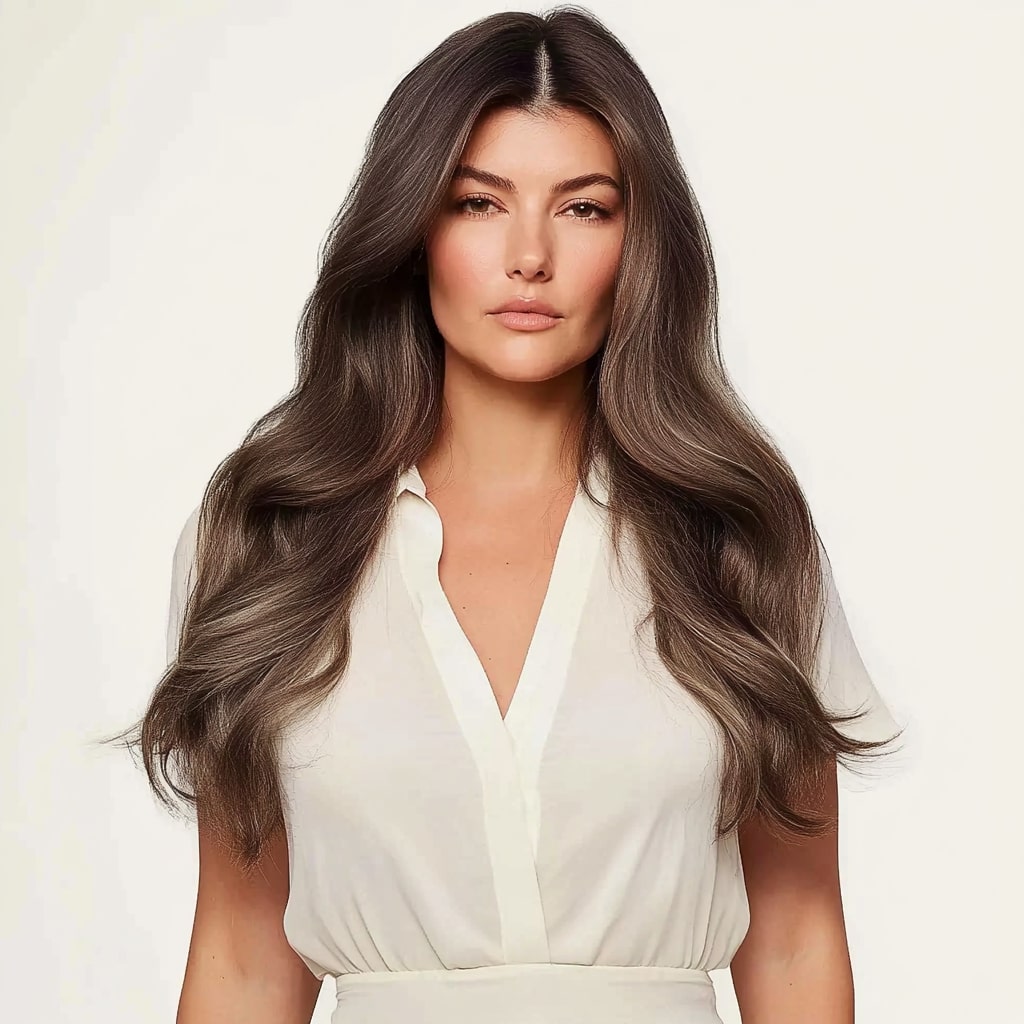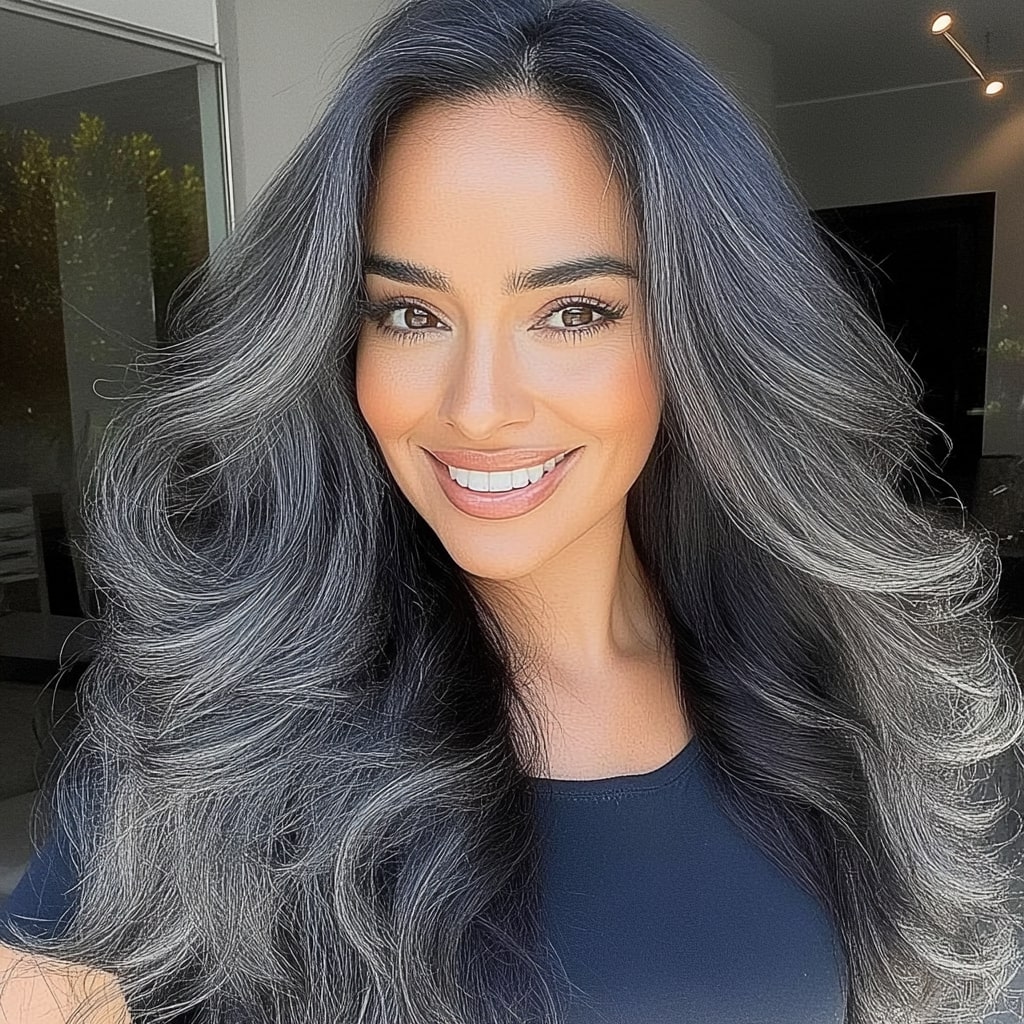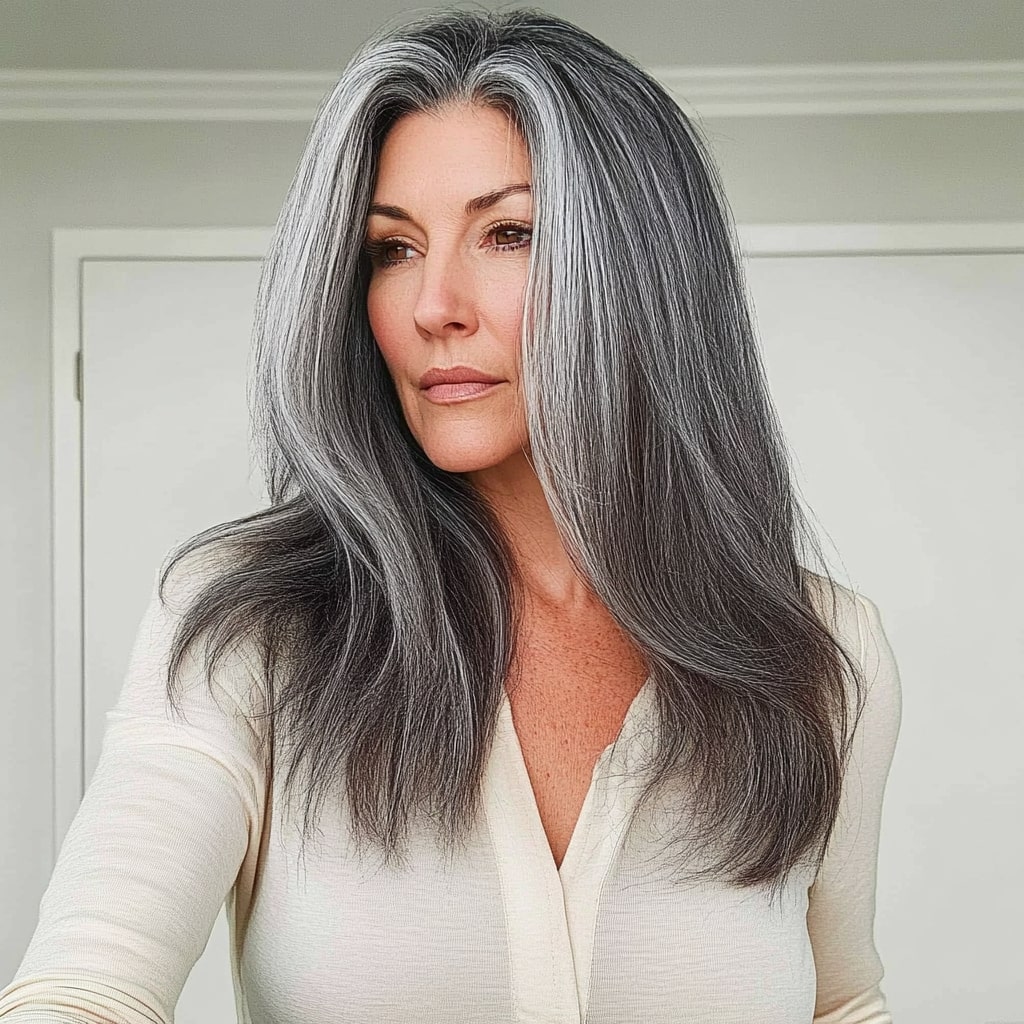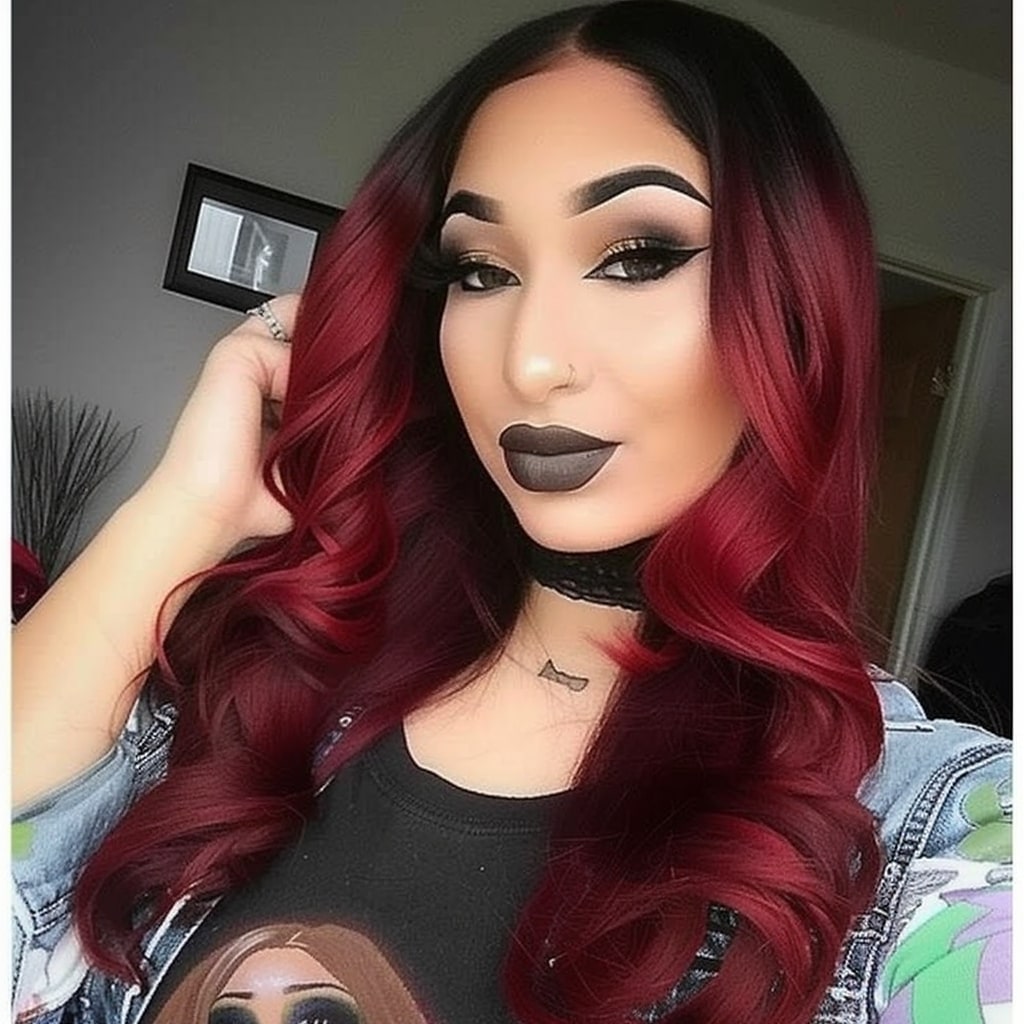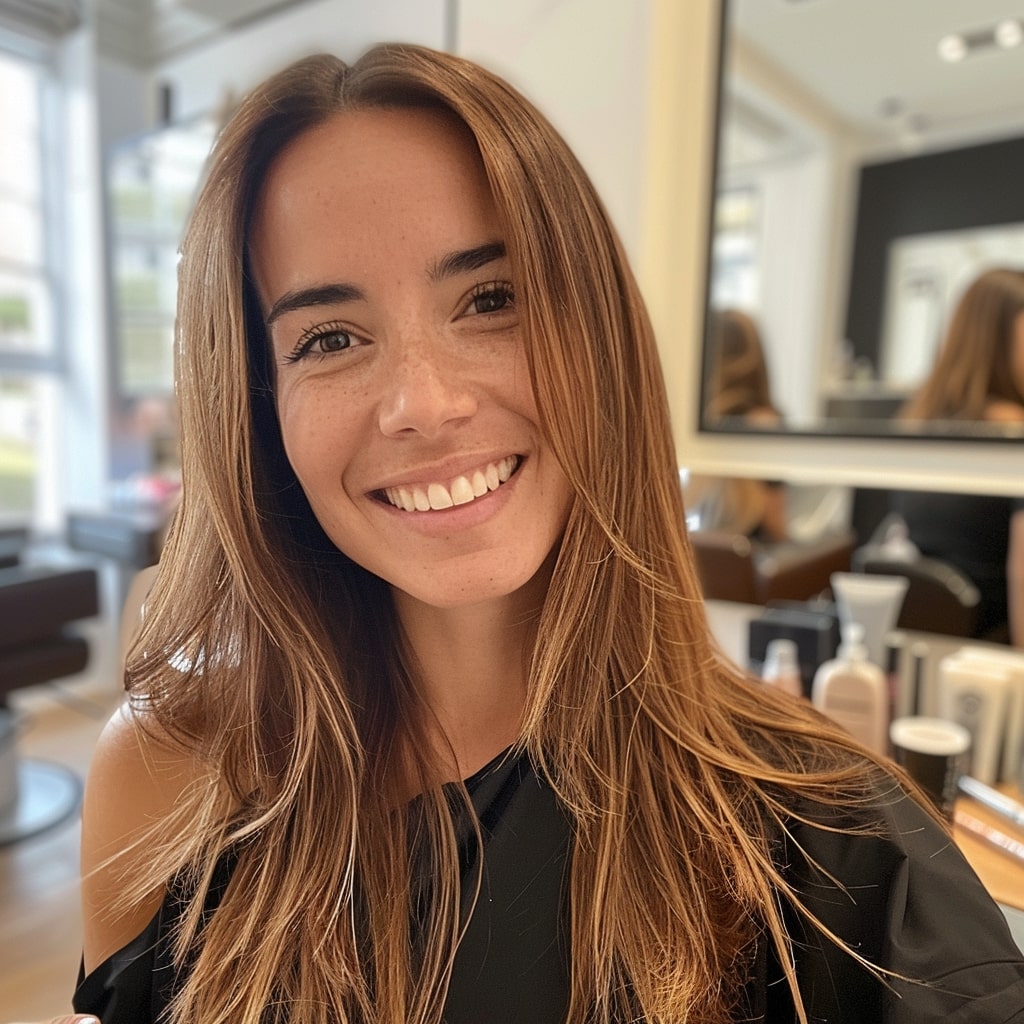Do hair extensions have formaldehyde?
- Sam Conan
- Hair Extensions Blog
- Mar 29, 2025
- Reading time: 4 minutes
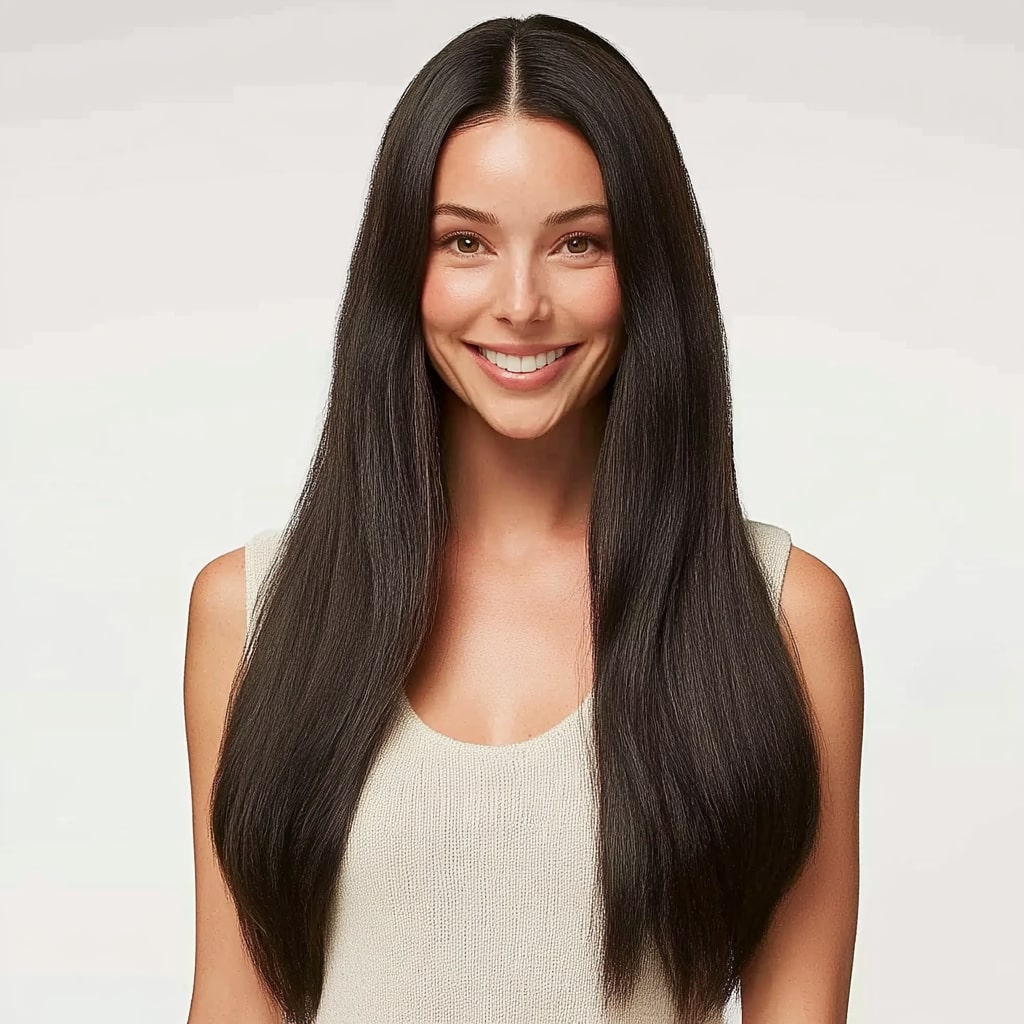
Hair extensions are a game-changer — they add volume, length, and instant glamour. But like any beauty product, it's important to understand what's actually in them. One question we get at Canada Hair™ is: “Do hair extensions contain formaldehyde?” It's a valid concern, especially for customers who are health-conscious or have sensitive skin or scalps.
Let’s break it down: what formaldehyde is, where it might appear, and whether it should worry you when it comes to hair extensions.
1. What Is Formaldehyde and Why Is It Controversial?
Formaldehyde is a chemical preservative and disinfectant used in various industries — including cosmetics, construction, and even mortuaries. In beauty, it's often found in hair smoothing treatments, nail products, and some adhesives.
Why the concern?
Formaldehyde is classified as a carcinogen by health authorities. Prolonged exposure to high levels has been linked to:
-
Skin irritation
-
Eye and nose burning
-
Allergic reactions
-
Respiratory issues
-
Long-term health risks (in rare, high-exposure cases)
No wonder people want to avoid it.
2. Do Hair Extensions Themselves Contain Formaldehyde?
The hair itself — whether human or synthetic — does not naturally contain formaldehyde.
However, the concern arises in two areas:
A) Chemical Processing of the Hair
In some cases, low-quality hair is chemically treated during manufacturing to improve texture, remove lice, change color, or mimic higher grades of hair. Some unethical suppliers may use chemical baths or straightening treatments that contain or release formaldehyde.
B) Adhesives and Glues
Certain fusion extensions or glue-in tracks may use adhesives that contain formaldehyde or release it when heat is applied. This is especially true with low-quality salon-grade glues or DIY kits purchased from non-reputable sources.
Bottom line:
The risk doesn’t come from the hair — it comes from how the hair is processed or how it’s applied.
3. Does Canada Hair™ Use Formaldehyde?
Absolutely not.
At Canada Hair™, your health and safety are top priorities. Here’s how we keep formaldehyde out of your beauty routine:
We do not chemically treat our extensions with straightening agents that contain formaldehyde.
We use high-quality manufacturing processes that avoid toxic preservatives.
Our adhesives for tape-in extensions are medical-grade and formaldehyde-free.
We provide detailed product information so you know exactly what you’re getting.
When you shop with Canada Hair™, you’re investing in cleaner, safer beauty.
4. What About Keratin Treatments and Smoothing Products?
This is where things get confusing. Some customers think of keratin and extensions in the same sentence, because both relate to hair.
Important distinction:
-
Keratin smoothing treatments (like Brazilian blowouts) often contain formaldehyde or formaldehyde-releasing ingredients.
-
These treatments are completely separate from the hair extensions offered by Canada Hair™.
If your stylist wants to do a keratin treatment before installing extensions, ask about the ingredients. You can request formaldehyde-free alternatives to protect your scalp and lungs.
5. How to Spot Formaldehyde in Hair Products
If you're shopping for hair extensions or products and want to stay safe, watch out for these terms on ingredient labels:
-
Formaldehyde
-
Formalin
-
Methanal
-
Methylene glycol
-
Quaternium-15
-
DMDM hydantoin
-
Imidazolidinyl urea
-
Diazolidinyl urea
These are all formaldehyde-releasing preservatives commonly used in hair and beauty products.
If you see these, avoid them — especially if you have asthma, allergies, or sensitive skin.
6. How to Stay Safe When Wearing Extensions
Whether you’re wearing clip-ins, tape-ins, sew-ins, or halos, here are some tips to protect your health:
Choose brands like Canada Hair™ that are transparent about materials.
Avoid DIY adhesives that don’t list ingredients.
Say no to suspiciously cheap extensions — especially if they smell chemical or come in unmarked packaging.
Don’t mix formaldehyde-based smoothing treatments with extensions.
Give your scalp a break between installs, and treat it with gentle shampoos.
7. What to Do If You Have a Reaction
If you experience:
-
Itching or burning of the scalp
-
Persistent headaches or dizziness during or after install
-
Eye or skin irritation
It’s time to stop using the product immediately.
Talk to a doctor and keep the packaging. It may contain information about hidden preservatives. Then switch to hypoallergenic, trusted brands like Canada Hair™.
8. Clean Beauty Is the Future
The industry is changing. More consumers are demanding transparency and clean ingredients, and we’re proud to be part of that movement.
Canada Hair™ offers:
-
Cruelty-free extensions
-
No harsh chemical treatments
-
Medical-grade adhesives
-
Sulfate-free, paraben-free care products (coming soon!)
You shouldn’t have to choose between beauty and safety. We believe in both.
Final Thoughts
So, do hair extensions contain formaldehyde?
Not if you shop smart.
Low-quality, chemically treated extensions or adhesives may contain or release formaldehyde. But premium, ethically sourced, and responsibly manufactured extensions — like those at Canada Hair™ — do not.
We’re proud to offer you safe, beautiful hair without hidden chemicals. Whether you choose synthetic or human hair, you can trust our products to be gentle on your hair, scalp, and health.
Ready for gorgeous, chemical-free hair? Explore our collections at www.canadahair.ca

 My Store Credit
My Store Credit
 Buy Again
Buy Again
